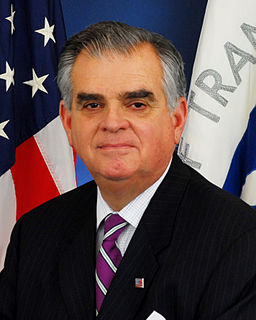A Quote by Judy Woodruff
I mean, the 1930s are the birth moment of modern public sector, government-driven infrastructure spending.
Quote Topics
Related Quotes
It's always been government's role to protect the security of the nation. And cyber-attacks is a security issue, from our perspective. And it's a security issue of particular concern with respect to the nation's core critical infrastructure, the infrastructure everyone relies on, the energy sector, the telecommunications sector, the banking sector.
Private sector unionization is down to practically seven percent. Meanwhile the public sector unions have kind of sustained themselves [even] under attack, but in the last few years, there's been a sharp [increase in the] attack on public sector unions, which Barack Obama has participated in, in fact. When you freeze salaries of federal workers, that's equivalent to taxing public sector people.

































